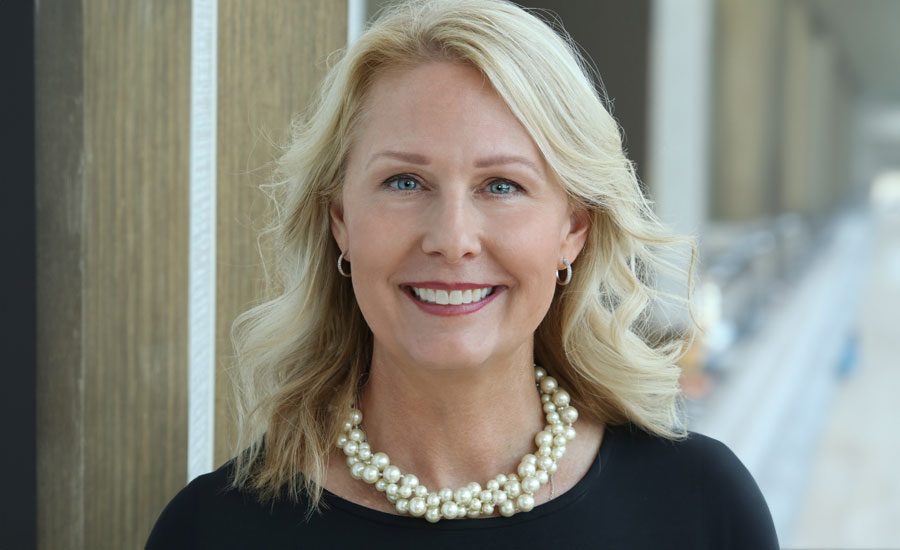Through the years, I have met many a business owner who dreamed of selling his business. Remember when you were a kid and you dreamed of growing up to be a rock star, cowboy or maybe sail the seven seas? That probably didn't happen. Unless you live in the real world and are realistic about what your business has to offer, selling your business will never happen.
Yes, there are stories of people selling businesses and making big bucks, but most were not contractors. For every business sold, thousands were not. Lots of questions pop up, with few simple answers. Who will you sell it to? At what price? What will you do after you sell the business? Why do you want to sell? Not only that, do you have a real business that is saleable?
Let's start with that last question: Is your business salable? Many a business owner has been knee deep in alligators, stressed over employees, family life, cash flow, etc., and selling looks like the magic answer. But is it? If your business is all about you or if it is not profitable without you, what do you really have to sell?
What's Your Status?
For simplicity, let's talk about three different statuses of contractors. All three are 50 years of age and looking to retire in a few years.Status One: Howie Works. Howie is a hard-working guy who did not do so well in school. Ever since he was a little kid, he liked to hustle up deals to earn a buck. From paper route to contractor, this is a guy who would rather work for himself. Howie complains about employees and the government, and he might even stick a little cash in his pocket thinking he is getting ahead. The simple truth is that Howie does not have a business; Howie has a job.
Instead of working for one boss, he works for a lot of bosses he calls customers. He earns $30,000 to $50,000 a year. He owns some rag-tag equipment, but has few systems and no solid employees to pass on to others. The early years of his youth turn into the reality of middle age with no plan, just habits that are hard, if not impossible, to break. It takes all of his day-to-day income to feed the family and keep things afloat. Howie has very little to sell and he would ask way too much for his lifetime of work anyway.
Status Two: Joe Comfortable. Joe has being doing OK. He has good branding and name recognition in the neighborhoods he works in. He runs the business conservatively and makes a pretty good living-$75,000 to $100,000 a year. His wife does the books. He has a couple of stable employees but no leaders. His office is in the fourth bedroom in his house and he is comfortable. He saves a little for retirement, works hard and has a pretty good life, but he has nothing really to sell. When he goes, the business goes. In fact, the only vacation he ever takes is Christmas and the 4th of July and he shuts down both of those weeks. He makes a nice living but, again, has nothing to sell. He plans to bring his son or daughter into the business but his conservative approach and limited market-share will probably not allow enough income for both of them to make a living.
Status Three: Bob Market-share. Bob has worked hard at building an organization and name brand. He has a great office manager and knows all of his numbers. He has good foremen who are paid well, think and run their own jobs. He has an estimator that also helps sell work. Bob makes $200,000 a year. Bob lives extremely well, plays golf several times a week, owns a second home and has a good life. He has a company retirement plan. He saves money for retirement and is proud to have $100,000 in his account. Bob is pretty smug about how well he is doing and sees no retirement problems. Bob should be smug and probably the only hitch in his plans is his lifestyle vs. his passive investments he has set aside for retirement. Bob would probably need $2 million dollars invested so he could live at the same $200,000-a-year lifestyle.
What Can be Done?
So where do all three of our business models sit in their planning scenario? First, understand that I am not an expert in estate planning, business sales or retirement. All I can draw my expertise upon is the 29 years I have spent as a business consultant.Let's start with Howie. Howie needs to stop fantasizing and live in the real world. He has nothing to sell and should accept that fact. At 50 years of age, he probably is not going to change. His plan should be similar to any other working stiff: Start a retirement fund, pay down his home mortgage, pray he does not get sick and build a plan to lower his monthly cash flow needs. Yes, he could build a real business, but he has 20 years of habits to break. The good news is, if a personal reason is in the way of his success, such as alcohol, a bad marriage, a learning disability, etc., he may be able to finally admit this, step up to the plate and fix the problem. For Howie, change must come swift and quick. Howie must realize that unless a business makes money, there is nothing to sell.
Next let's deal with Joe Comfortable. Joe needs to consider stepping out of his comfort zone, whether this is to build an office he can sell one day, market to grow his company slightly, put an office manager in place or just sell a little more. He can then put more into retirement and close the business when the time comes. Joe is to be congratulated and he has done well, but my experience has been that the Joe's are content and happy where they are.
This is all perfectly OK, as long as Joe realizes that he has nothing to sell and understands that the organization is just not large enough to support two bosses. If Joe wants to pass the business on and had children late in life, there may be hope. He can be 60 with a 30 year old stepping in to take over. But if he had that child at 20 and now at 50 wants the child to come on board, well, the timing may be a little off. What Joe has to be careful of is letting his ego get in the way and adding overhead without a new business structure in place. Should Joe grow inactive, the business might die a slow death.
What about Bob Market-share? There is no question Bob has the most saleable business. The question is, can he get $2 million for it so he can continue his same lifestyle? The answer is probably no. Bob needs to do some serious strategic planning. Does he cut back on his lifestyle? Does he work harder for a few years and save the extra money to grow his nonbusiness income? Can the employees who work for him now run the business and how would they buy it? Bob is in an ideal position to have a strong business "end" game. All he has to do is work at it and learn these same skills the way he learned how to build a successful contracting business.
The following quick and dirty points might prove helpful in your thinking:
- Constructing a building or office rarely makes more money for the company. In fact, owners almost always underestimate the cost of building such a property and the missed opportunities in their contracting business due to the distraction. Don't build an office or shop until you can afford to do so and don't expect it to help you earn more money. Your return will be the equity of the property when it is sold down the road. For that reason, build a multiple-use property.
- Don't tie up all your money and investments in your contracting business. Contracting is risky. Try to build noncontracting passive investments. Use the business to generate income and the resulting income to generate wealth.
- If you plan to cut back, be willing to earn less money. This can be tough for entrepreneurs, as many use the income of the business to keep score of their success and since their business is their life, less money means they personally are not doing well.
- You don't have to make more money each year to be successful. Focus on lifestyle and the big picture.
- If the business will not run more than two or three weeks without you, you probably have unrealistic expectations of what the business is worth.
- Your employees and family members are the people most likely to buy your business but where will they come up with the money?
- Don't underestimate the emotional tie you have to your business and what a big part of your life it is. What would you do without it? Play golf all day? Maybe for a while, but you are probably going to get bored.
By nature, business owners are optimists and risk takers. However, good business people also deal in facts and you need to let facts, not your heart, drive your retirement goals.




